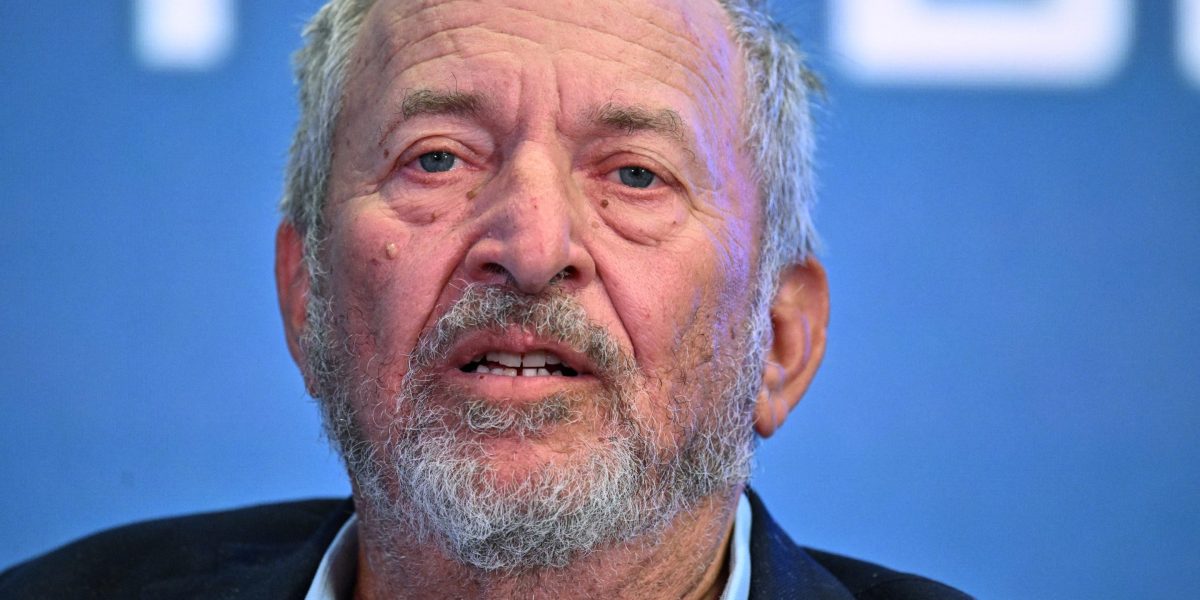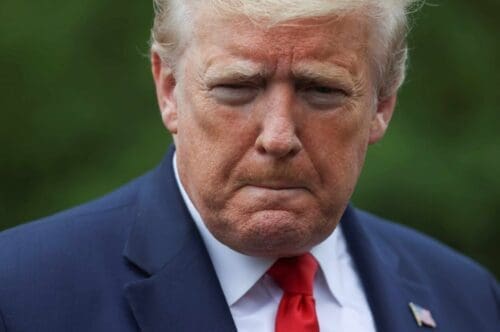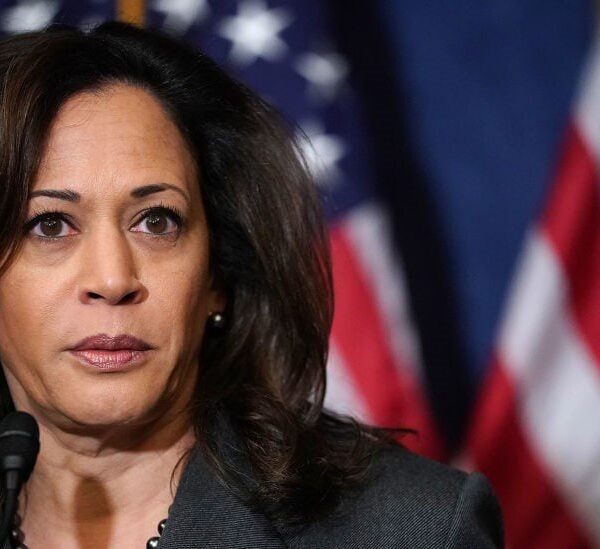

Former Treasury Secretary Lawrence Summers warned against incorporating any presidential sway over the setting of U.S. monetary policy, saying it would only end up damaging the economy over time.
“Having politicians involved is a fool’s game,” Summers said on Bloomberg Television’s Wall Street Week with David Westin Friday. “You end up with higher inflation and a weaker economy.”
Summers spoke a day after Republican presidential nominee Donald Trump said he felt strongly that the president should have some “say” in Federal Reserve policy setting. The former president, who urged Chair Jerome Powell to ease policy when he was in office, said that policymaking is a “gut feeling” and that he himself had “a better instinct in many cases” than the Fed chair and other top officials.
“I sure was appalled at how bad an idea it was,” Summers, a Harvard University professor and paid contributor to Bloomberg TV, said of Trump’s suggestion. “A president’s got a lot of things to do at any given moment and is actually much less close to the economy” than the 19 Fed board members and presidents who focus on constantly scrutinizing every economic statistic, he said.
The Trump campaign didn’t immediately respond to a request for comment.
Summers highlighted that countries across the globe have over time endowed their central banks with independence in recognition that there’s “a profound conflict of interest” for politicians with regard to monetary policy. Political office holders will “always be tempted to print more money, lower interest rates — hit the accelerator hard to get a boost to the economy,” he said.
Such pressure raises the people’s expectations for inflation, pushing up longer-term interest rates, said Summers, who served in top economic positions in the Democratic administrations of Bill Clinton and Barack Obama. “You get more inflation and you don’t get any substantial output gain.”
Summers cited the example of former President Richard Nixon, who famously pushed then-Fed Chair Arthur Burns into easier monetary policy in the early 1970s, triggering a costly inflationary boom-bust cycle. He also referenced “innumerable” cases in Latin America — which in more recent years in many economies has shifted toward independent central banks that tamped down inflation.
As for the Fed’s current policy call, the former Treasury chief said that, given how volatility in markets and the selloff in stocks has eased since Monday’s turmoil, “on current facts,” any emergency rate cut would be unwarranted.
“An emergency response would be lurching, panic, overheated, counterproductive” he said. Still, “it may be that a 50 basis-point cut is appropriate” at the September policy meeting, he said.
Powell said last week, before the sharp slide in equities that culminated in Monday’s 3% plunge in the S&P 500, a half-percentage point reduction was “not something we’re thinking about right now.”















